Top 5 Tools Every Plumber Should Have in Their Toolbox
Introduction: Being a plumber requires a unique set of skills,...
Introduction: Embarking on do-it-yourself (DIY) plumbing projects can be a satisfying and cost-effective way to address minor issues around the house. However, knowing when to pick up the wrench yourself and when to dial a professional plumber is crucial to avoid turning a small problem into a major disaster. In this comprehensive guide, we’ll explore the world of DIY plumbing, offering insights into common tasks you can handle and situations where it’s best to leave it to the experts.
1. Understanding DIY Plumbing: DIY plumbing involves tackling minor plumbing issues without the immediate need for a professional plumber. Tasks like fixing a leaky faucet, unclogging a drain, or replacing a toilet flapper are often within the capabilities of homeowners with basic tools and a willingness to learn. Engaging in DIY plumbing not only saves money but also empowers you to maintain and troubleshoot your plumbing system.
2. DIY Plumbing Projects You Can Tackle: a. Fixing Leaky Faucets:
b. Unclogging Drains:
c. Replacing a Toilet Flapper:
3. Knowing When to Call a Professional: a. Major Pipe Leaks:
b. Sewer Line Issues:
c. Water Heater Troubles:
d. New Installations and Remodeling:
4. Safety First: Before engaging in any DIY plumbing project, prioritize safety. Turn off the water supply, wear appropriate protective gear, and familiarize yourself with the tools and techniques required for the task. If at any point you feel unsure or encounter unexpected challenges, don’t hesitate to seek professional assistance.
5. DIY Plumbing Tips and Best Practices: a. Invest in Quality Tools:
b. Educate Yourself:
c. Know Your Limits:
Conclusion: In the realm of DIY plumbing, balance is key. While simple tasks can be tackled confidently, it’s crucial to recognize the boundaries of your expertise. Knowing when to DIY and when to call a professional ensures a well-maintained plumbing system and a home free from plumbing disasters. Armed with the right knowledge and tools, you can navigate the world of DIY plumbing with confidence and competence.
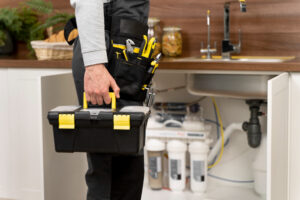
Introduction: Being a plumber requires a unique set of skills,...
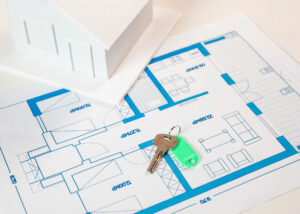
Introduction: As technology advances and our reliance on electronic devices...
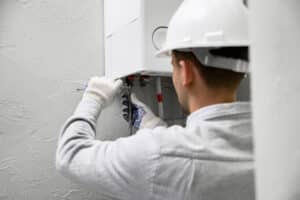
Tankless water heaters, often heralded as the future of home...
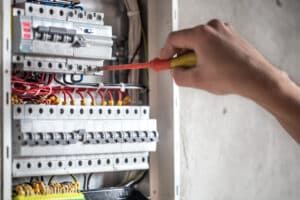
Electricity is an indispensable part of modern living, powering our...
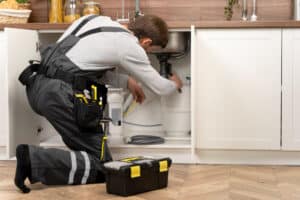
Green Plumbing: Sustainable Practices for a Greener Home In the...
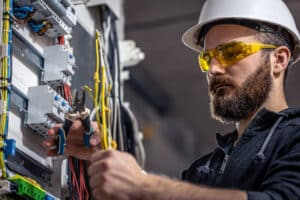
Ensuring the safety and reliability of your home’s electrical system...